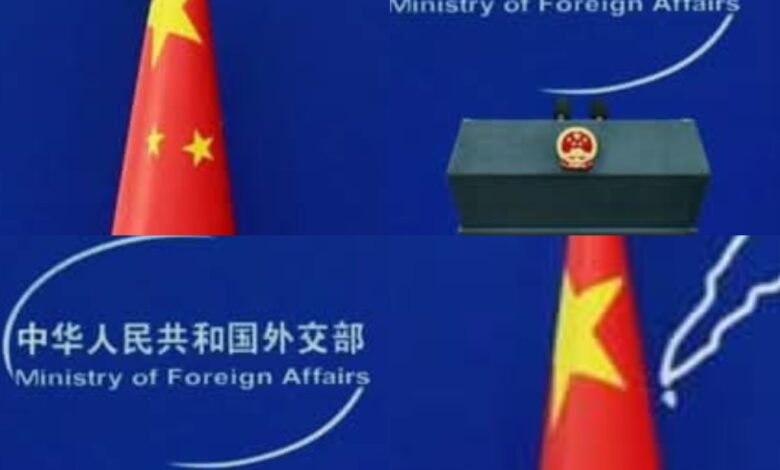China Approves GM Soy and Maize Varieties:
China Approves GM Soy and Maize Varieties:

Share this
China Approves GM Soy and Maize Varieties:

The U.S. Department of Agriculture reported that on April 8, 2025, China’s National Crop Variety Registration Committee (CNCVRC) published the third list of GM maize and soybean varieties that passed the preliminary CNCVRC review for cultivation, the yield performance and suitable planting regions of these varieties. The public comment period for the announcement is 30 days, or until May 9, 2025. In contrast to other regulatory systems, in China a biotechnology event introduced in one of the five major crops (maize, soybeans, cotton, rice, and wheat) may be approved for cultivation by the Ministry of Agriculture and Rural Affairs (MARA), but it cannot be commercialized until the event in combination with a variety is approved for cultivation. Beijing’s inaugural GM maize and soybean variety registration list was published for comment in October 2023 and finalized in December 2023; its second list was published for comment in March 2024 and finalized in October 2024. Together, China has approved a total of 64 GM maize varieties and 17 GM soybean varieties. USDA report is attached.

EU Authorizes Three New GM Maize Events
On April 9 the European Commission authorized three new GM maize events for import and use in food and feed. These authorizations were for:
MON 94804
DP 910521
MON 95275.
These were the first GM events that were authorized by the new College of Commissioners, which took office in November 2024. The European Commission stated: “These maize have gone through a comprehensive and stringent assessment procedure, which ensures a high level of protection of human and animal health, and of the environment. The Commission’s decisions only allow these genetically modified maize to be imported for use in food and animal feed, but not to be cultivated in the EU. The authorizations are valid for 10 years, and any product produced from these genetically modified maize will be subject to the EU’s strict labelling and traceability rules. The Commission had a legal obligation to decide on these authorizations after Member States did not reach a qualified majority either in favor or against the authorization. More information on Genetically Modified Organisms (GMOs) in the EU is available online.
FAO Biotechnologies Conference
FAO is organizing a Global Agrifood Biotechnologies Conference from 16 to 18 June 2025 at FAO Headquarters in Rome, Italy. The conference, titled “Biotechnologies for a Sustainable Future: Driving Agrifood Systems Transformation,” will explore the latest developments in agrifood biotechnologies and their role in advancing more sustainable and resilient food systems. The deadline for registration is May 5. This is the first dedicated FAO conference on the subject since 2016.
Swiss Proposal on Regulation of Gene Edited Crops
On April 2, 2025, Switzerland’s Federal Council released a proposal for the Breeding Technologies Act (BTA) to ease restrictions on plants developed through new genomic techniques such as CRISPR. The bill also aims to strengthen Switzerland’s position as a hub for agricultural innovation and cultivation. Under the current law, these plants are treated identically to those developed through conventional genetic engineering. They are subject to the strict provisions of the Genetic Engineering Act (GEA), including the ongoing moratorium on cultivation in Switzerland. The new proposal marks a shift in the country’s regulatory landscape and introduces a risk-based authorization system that will reflect the potential of new breeding technologies (NBTs) and the need for appropriate safeguards. The draft BTA aims to simplify the authorization process for plants developed through NBTs compared to the existing GEA. Comparability-based authorization offers a streamlined route, waiving the complex environmental risk assessment if the new plant’s biological properties and genetic modifications are comparable to an already authorized plant. Switzerland is NOT part of the European Union, but this proposal mirror’s the proposed EU Regulation on New Genetic Techniques, which is now in the final stages of the decision-making process. The draft BTA must first undergo a full legislative process. It has now entered a consultation period until July 8, 2025 to allow stakeholders to provide their support or concerns.





